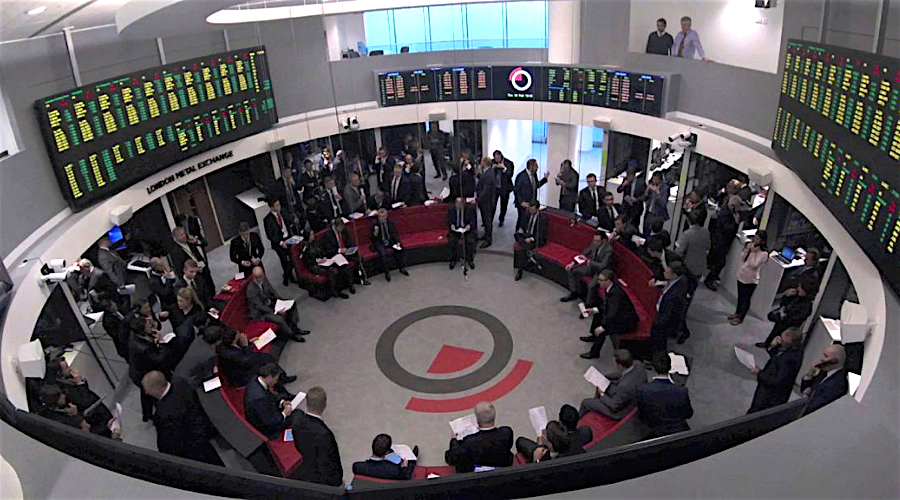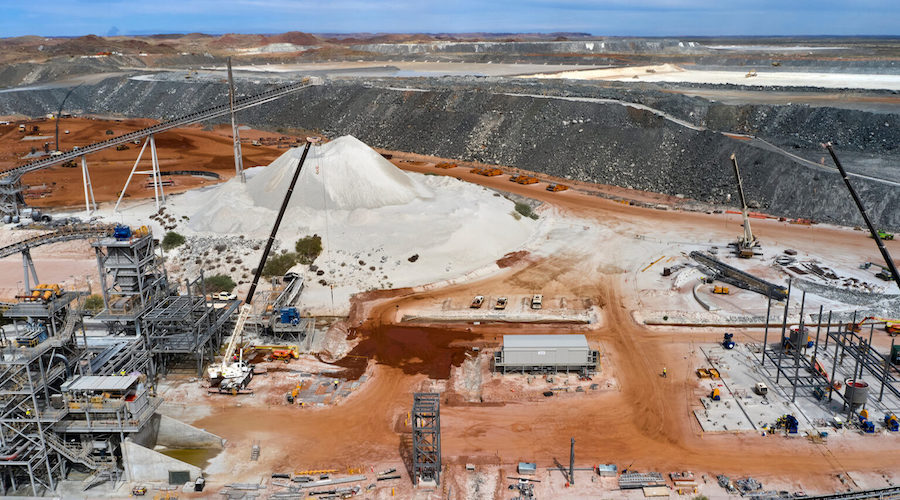LME to launch monthly ‘implied pricing’ for base metals

The London Metal Exchange (LME), the world’s biggest and oldest market for industrial metals, is implementing an “implied pricing” functionality, a set of synthetic monthly prices, in an attempt to offset increasing competition from other exchanges such as those operated by CME Group.
Starting on July 30, the exchange will provide the service for the six main base metals — copper, aluminum, zinc, lead, nickel and tin.
Starting on July 30, the LME will provide the service for the six main base metals — copper, aluminum, zinc, lead, nickel and tin, it said in a note to members.
The 141-year-old LME has a complex system of futures that allows daily contracts for the first three months into the future. Its implied pricing combines the liquid 3-month outright order book with the “carry” (or calendar spread) order book to create (or imply) the most competitive monthly outright orders in both the month before and the one after the rolling 3-month date.
Earlier this month, the exchange announced another initiative, aimed at ensuring the cobalt traded on it is not mined using child labour, particularly in the Democratic Republic of Congo.
Starting next year, the LME will demand all companies that get at least 25% of their metal from small-scale mines in the DRC to be subject of a professional audit.
According to Financial Times, the exchange also plans to introduce a cash-settled lithium contract in the second half of 2019.
{{ commodity.name }}
{{ post.title }}
{{ post.date }}




Comments
John Pasqual
I recomment this course to understand how LME-based pricing for minerals and concentrates works
https://www.udemy.com/metallic-minerals-and-concentrates-market-fundamentals/